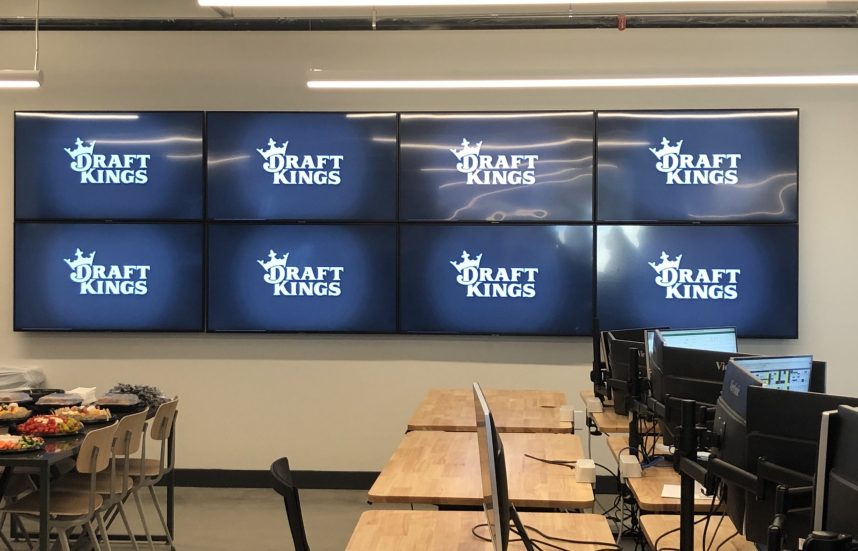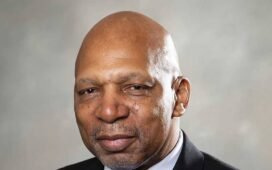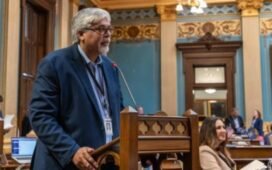Posted on: September 24, 2024, 05:45h.
Last updated on: September 24, 2024, 05:45h.
It took DraftKings less than two weeks to pull the plug on a plan to levy winning sports bets in select high-tax states and it’s a good thing the company did that because had it proceeded, it apparently would’ve drawn the ire of New York regulators.

That state, which has the highest sports wagering tax in the US, along with Illinois, Pennsylvania, and Vermont, was at the center of the gaming company’s proposal to apply modest levies to winning sports bets. Customers immediately decried the move, saying it amounted to DraftKings passing its tax exposure onto clients. It didn’t sit well with New York State Gaming Commission Chair Brian O’Dwyer, either, who said he viewed the plan “with great alarm.”
I view that proposal as both misleading and detrimental to the consumer,” O’Dwyer said at the commission’s Monday meeting. “I am, of course, pleased that the proposal has been withdrawn, and I remind all our licensees, however, that this commission is committed to protecting the consuming public, and that any proposal such as the one advanced by DraftKings will be a subject to the strictest scrutiny, and if appropriate, be rejected.”
New York applies a 51% tax rate to online sports betting.
DraftKings Swiftly Killed Surcharge Idea
DraftKings unveiled the surcharge plan when it delivered second-quarter results on Aug. 1, after rivals BetMGM and Caesars Sportsbook reported financial results without making mention of a similar tax plan.
For DraftKings, the scenario soon worsened with competitor Rush Street Interactive taking a clear shot at its larger rival, announcing on Aug. 5 it had no plans for tax on winning bets. The final nail in the coffin of the DraftKings tax gambit arrived on Aug. 13 when FanDuel parent Flutter Entertainment reported second-quarter results, noting it wouldn’t be implementing a surcharge.
Within an hour of the Flutter report, DraftKings announced that it listened to its customers and decided to abandon the four-state surcharge plan. For its part, New York knows it has the advantage of being the fourth-largest state in the country and currently the largest with a competitive online sports betting market, meaning it doesn’t need to change its tax structure to benefit operators.
“New York remains an attractive venue for those who are in the business of sports betting, and I see no reason why we should alter our present regulatory or taxing environment,” added O’Dwyer.
Operators Looking for Ways to Deal with High Taxes
In some states, high sports betting taxes are a fact of life and that includes Illinois, New York, and Pennsylvania — populous jurisdictions that gaming companies want exposure to. The need to be in those states and others is prompting operators to examine avenues through which they can deal with those taxes while continuing to generate and grow profits.
For its part, FanDuel said it will trim promotional spending in Illinois. In July, that state launched a graduated tax system on online sports betting, meaning higher revenue operators such as FanDuel and DraftKings will now pay substantially more than smaller competitors.
At Bank of America’s Gaming and Lodging Conference earlier this month, DraftKings CEO Jason Robins said the company is examining remedies when it comes to contending with high taxes, adding it’s nonsensical for “anybody to completely just eat any tax increase that happens anywhere.”















